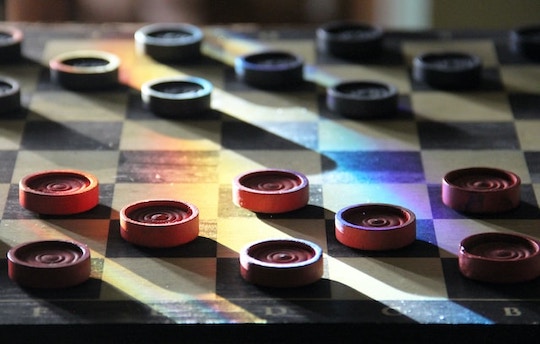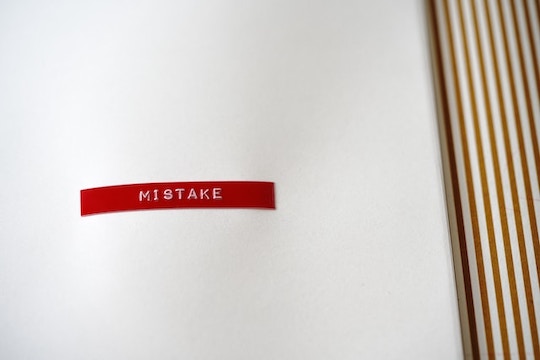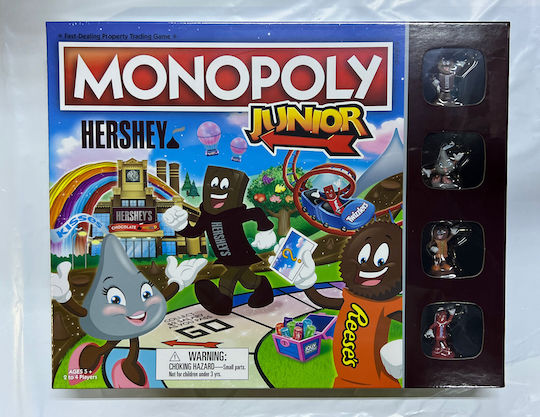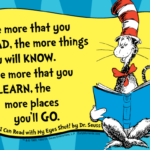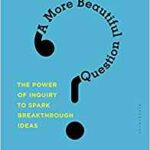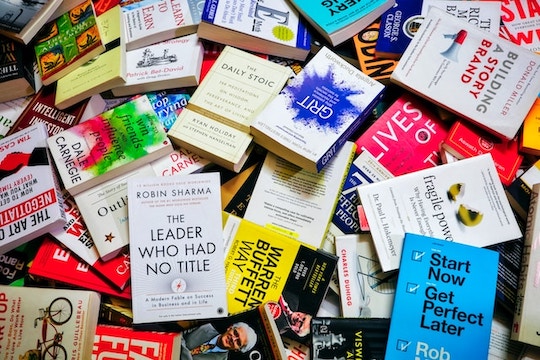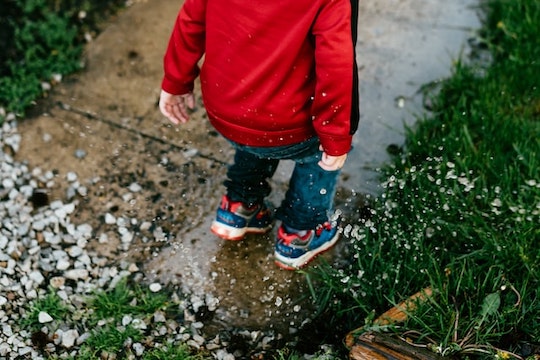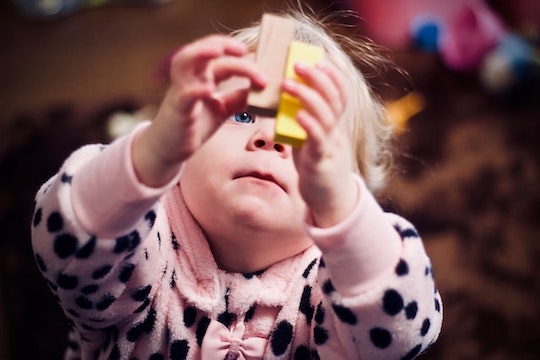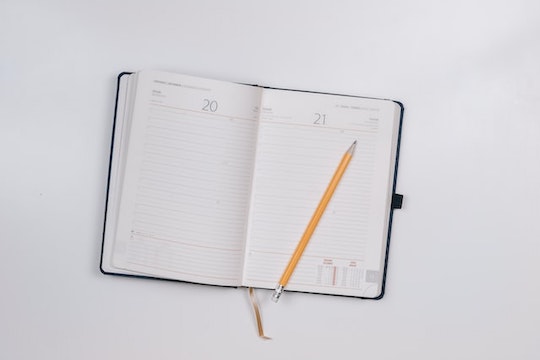“Sometimes we need to be cautious about getting into action too quickly and take our time to discover the learning.”
— Author Unknown
Have you ever played checkers? How about chess or Go? How long does it usually take before you make a move?
Where do you skip aiming before you shoot in the direction of your targets? How often does being too quick on the draw get you in trouble?
Life is an iterative game in which we are constantly receiving feedback from the world around us. Without taking enough time to examine what we have learned from previous moves, we can find ourselves on the losing end of the many games we play.
EXERCISE:
In what areas of your life are you too quick to act on limited information?
Where would slowing down to embrace more teachable moments help you better navigate your world?

